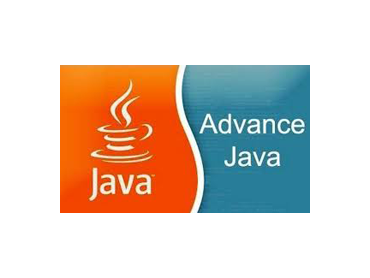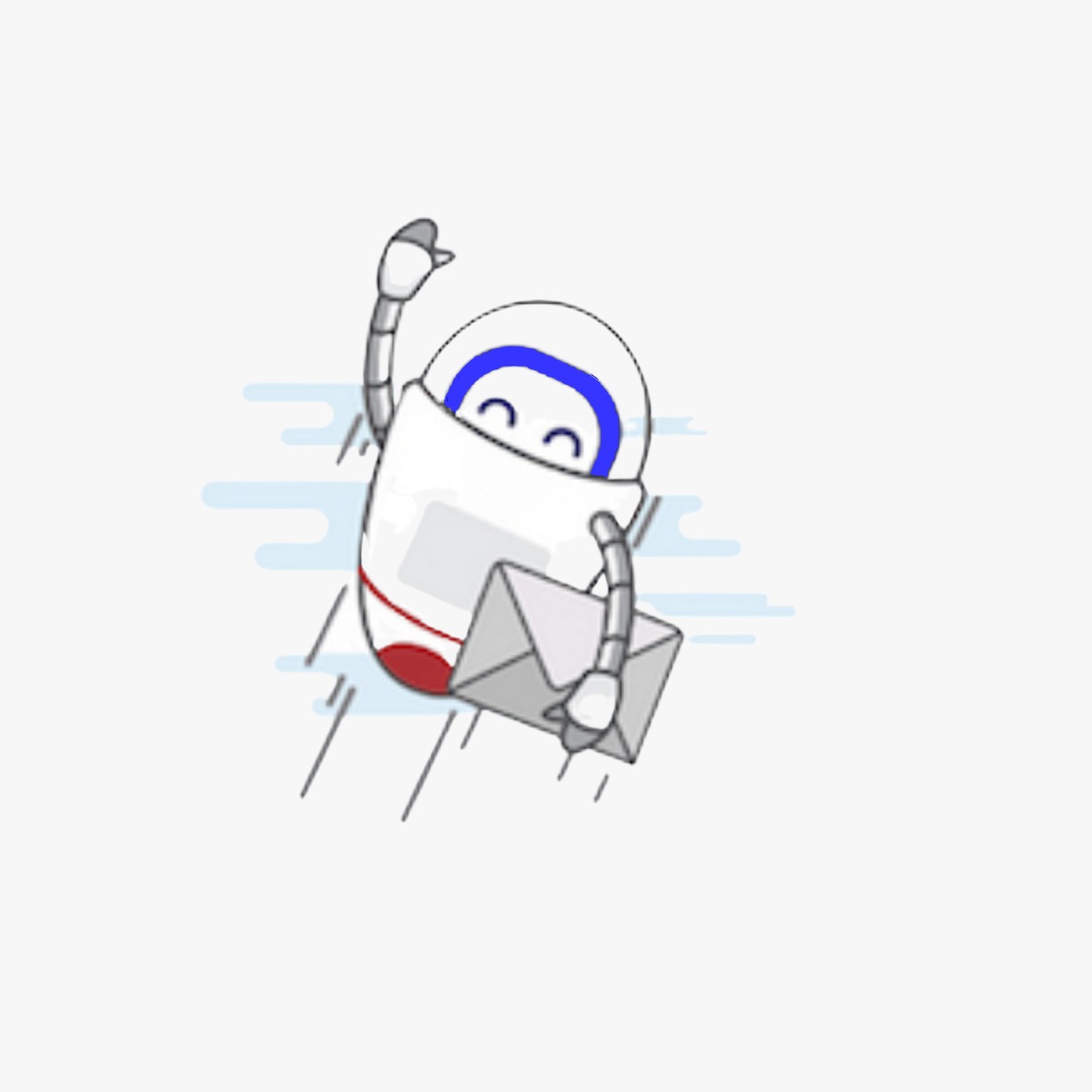Advanced Java Programming
Java is a popular programming language and one of the few that is platform independent. The instructor will teach students the intermediate and advanced programming topics including file manipulation, database connectivity, and creating graphical user interfaces. Students will further enhance their learning of the anatomy of a Java program, designing, debugging, and packaging of their code.
Advanced Java Programming Certification Boot Camp
Java is a popular programming language and one of the few that is platform independent. The instructor will teach students the intermediate and advanced programming topics including file manipulation, database connectivity, and creating graphical user interfaces. Students will further enhance their learning of the anatomy of a Java program, designing, debugging, and packaging of their code.
The exam (1Z0-804) has been recently updated. Our instructors are committed to your success and will provide tips to help students pass the exam on the first try.
This course is open to the public and is offered via onsite training; various facility options are available.
The components of the training program include:
• Course Code: NET211
• Career Level: Intermediate
• Course Duration: 5 days (40 hours)
• Exam: 1Z0-804
• Certification: OCP
• Course Delivery: Instructor-led, classroom delivery


